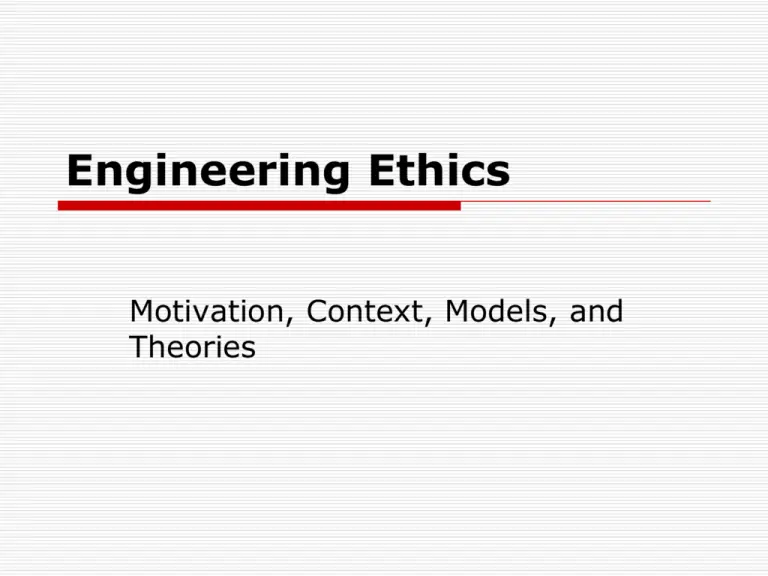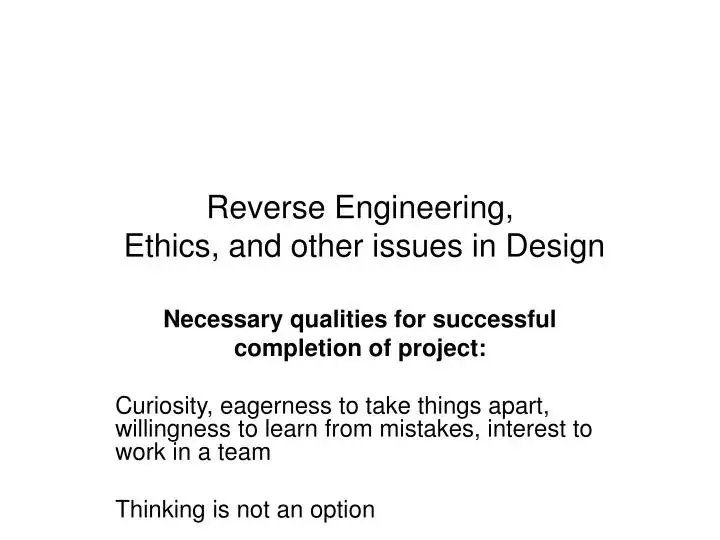The Ethics of Reverse Engineering

Reverse engineering is the process of analyzing a system to create a new system with similar functionality. It is often used to create compatible products or services, or to understand how a system works. However, there are ethical concerns that must be considered when reverse engineering.

One of the main ethical concerns is intellectual property infringement. Reverse engineering can be used to create products or services that are based on the intellectual property of another company. This can be a violation of copyright, patent, or trademark laws. In order to avoid intellectual property infringement, it is important to make sure that the new system is not substantially similar to the original system.

Another ethical concern is privacy. Reverse engineering can be used to obtain information about a system that was not intended to be public. This information could include personal data, financial data, or trade secrets. It is important to make sure that the information obtained through reverse engineering is used in a responsible and ethical manner.
In addition to intellectual property and privacy concerns, there are also ethical concerns about the safety and security of the new system. Reverse engineering can be used to create a new system that is less safe or secure than the original system. This could pose a risk to users of the new system. It is important to make sure that the new system is designed and tested to ensure that it is safe and secure.
Overall, the ethics of reverse engineering are complex and require careful consideration. It is important to weigh the potential benefits of reverse engineering against the potential risks before proceeding. By following ethical principles, it is possible to use reverse engineering to create new products and services that benefit society without harming others.
